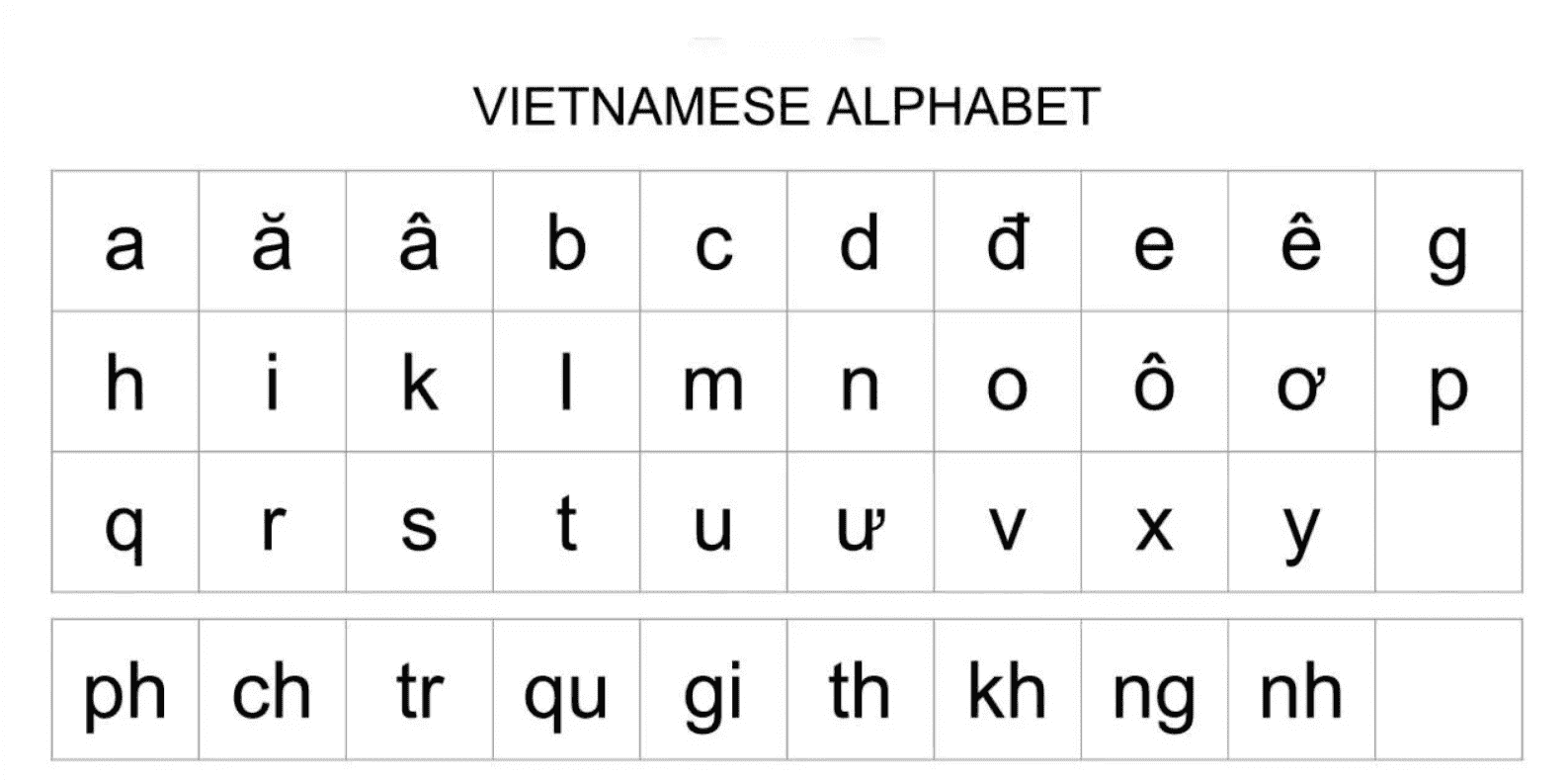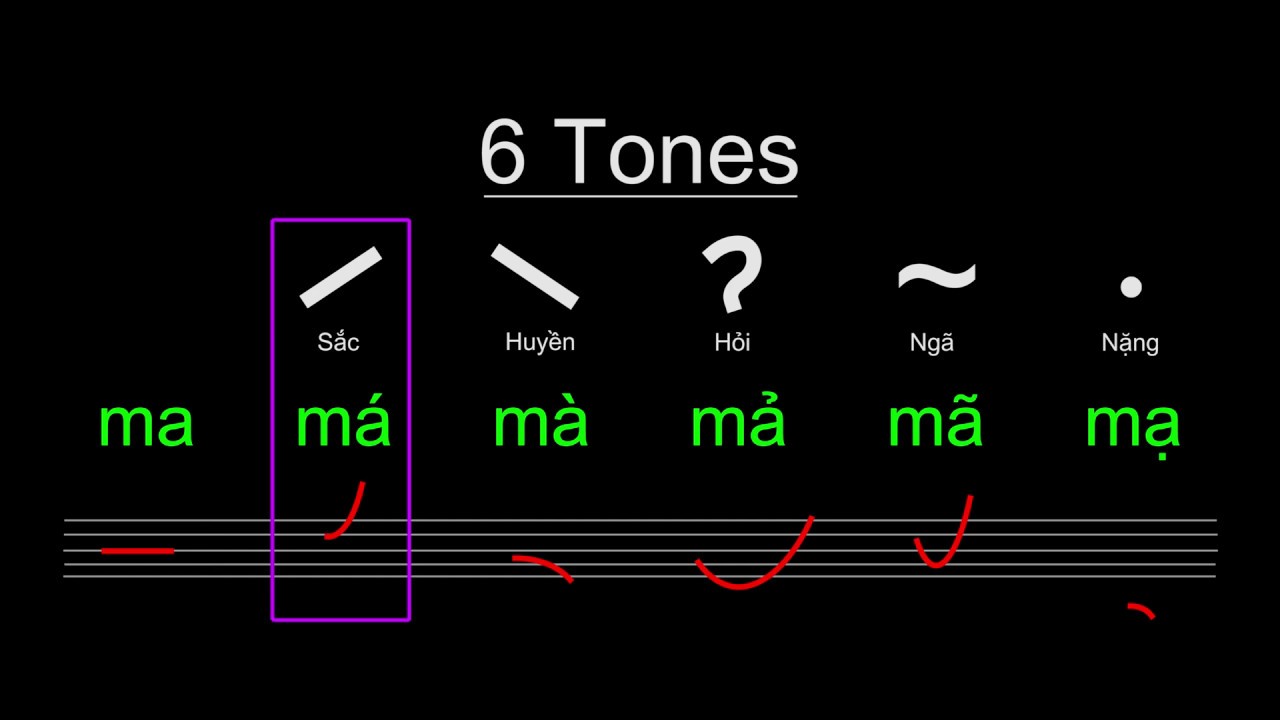
Is Vietnamese Language Hard to Learn?
Is Vietnamese language hard to learn? This question often lingers in the minds of those intrigued by the complexities of this beautiful Southeast Asian language. To get the exact answer, please follow VTJ’s article below!

Is the Vietnamese language hard to learn
The answer is yes, language experts estimate that it takes an average of 44 weeks of intensive study for a learner to achieve good communication skills in Vietnamese. This places it in the middle range of difficulty among world languages, requiring significant dedication and effort from learners.
Vietnamese is often seen as difficult due to its grammar, vocabulary, and pronunciation challenges, but its straightforward structure and clear rules can make it manageable to learn.
The key features of the Vietnamese language
Here are the key features of the Vietnamese language:
- Alphabet: Vietnamese uses the Latin alphabet with diacritics to mark tones, which is different from many other Southeast Asian languages.
- Tones: Vietnamese has six tones that change the meaning of words. Learning these tones is crucial for speaking accurately.
- Vocabulary: Many Vietnamese words are single-syllable or compound words influenced by Chinese, French, and English.
- Grammar: Vietnamese grammar is straightforward, without articles, cases, or genders. It follows a subject-verb-object order.
- Tone Marks: Diacritics on vowels indicate tones and significantly alter pronunciation.
- Monosyllabic Nature: Words are short and often combined to convey meaning efficiently.
These features make Vietnamese a unique and interesting language to learn and understand.
Explore More About Vietnam: Funny Vietnamese Jokes to Make You LOL
Strategies for Learning Vietnamese

Learning Vietnamese can be a fun adventure with a few helpful tips.
- First, surround yourself with Vietnamese music, movies, and books to improve your listening and understanding skills.
- Second, having an online tutor can make a big difference. They’ll help you with pronunciation, grammar, and vocabulary, and they’ll give you feedback right away.
- Third, use apps, forums, and Vietnamese news websites to practice. These tools make learning interactive and interesting. It’s also important to practice regularly. Spend time each day studying Vietnamese, whether it’s with your tutor or chatting with native speakers online. And don’t forget about tones! They’re crucial in Vietnamese and can change a word’s meaning.
- Finally, set small goals for yourself, like cooking Vietnamese food or joining cultural events. Enjoying Vietnamese culture will keep you motivated and make learning more exciting.
FAQs
What is the hardest part of learning Vietnamese?
The hardest part of learning Vietnamese for most people is mastering the tones. Vietnamese is a tonal language, meaning the pitch of your voice can change the meaning of a word. There are six different tones, and learning to distinguish and produce them correctly can be very challenging for those not used to tonal languages.

Is Chinese or Vietnamese harder?
While both languages are considered among the most difficult to learn by the Foreign Service Institute (FSI), Chinese is tougher because learners must master writing thousands of characters. In contrast, Vietnamese uses the Latin alphabet, which makes it quicker to learn and use.
Explore More: 23 BEST Vietnamese Snacks You Should Try
In conclusion, while Vietnamese language poses its challenges, the journey of learning it is rich with cultural insights and linguistic rewards, making it a worthwhile endeavor for any language enthusiast. Don’t forget to check out other articles by VTJ for more useful information about Vietnamese language!






